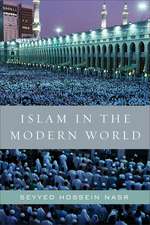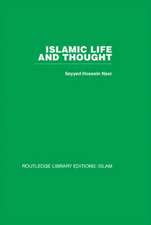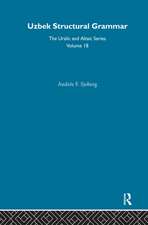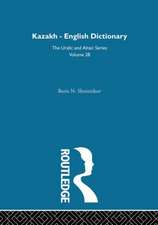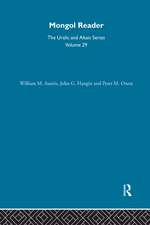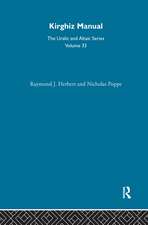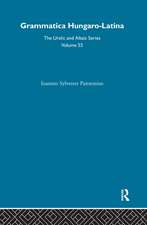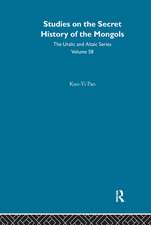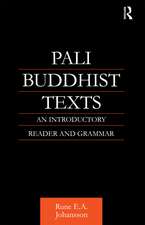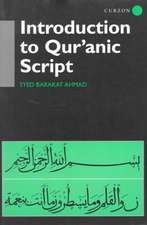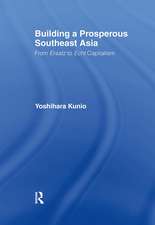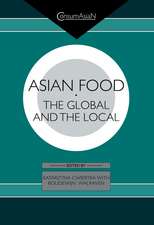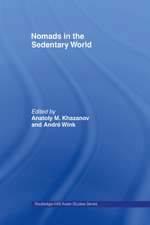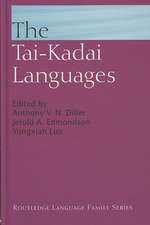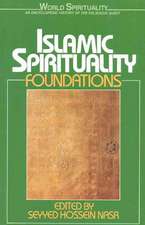The Need for a Sacred Science: Suny Series in Religious Studi
Autor Seyyed Hossein Nasren Limba Engleză Hardback – iul 1993
Preț: 555.72 lei
Preț vechi: 653.79 lei
-15% Nou
Puncte Express: 834
Preț estimativ în valută:
106.33€ • 111.32$ • 87.99£
106.33€ • 111.32$ • 87.99£
Carte indisponibilă temporar
Doresc să fiu notificat când acest titlu va fi disponibil:
Se trimite...
Preluare comenzi: 021 569.72.76
Specificații
ISBN-13: 9780791415177
ISBN-10: 0791415171
Pagini: 200
Editura: Global Academic Publishing
Colecția Suny Series in Religious Studi
Seria Suny Series in Religious Studi
ISBN-10: 0791415171
Pagini: 200
Editura: Global Academic Publishing
Colecția Suny Series in Religious Studi
Seria Suny Series in Religious Studi
Cuprins
Introduction Part One —The World of the Spirit—A Metaphysical Context for the Cultivation of Sacred Science 1. God is Reality 2. Self-awareness and Ultimate Selfhood 3. Time—The Moving Image of Eternity Part Two —The Unity of the Divine Stratosphere— The Diversity of the Human Atmosphere 4. One is the Spirit and Many its Human Reflections— Thoughts on the Human Condition Today 5. The Philosophia Perennis and the Study of Religion Part Three —Science: Traditional and Modern 6. Western Science and Asian Cultures 7. The Traditional Sciences 8. The Spiritual Significance of Nature Part Four —Tradition, Sacred Science and the Modern Predicament 9. Sacred Science and the Environmental Crisis— An Islamic Perspective 10. The Concept of Human Progress through Material Evolution: A Traditional Critique 11. Reflections on the Theological Modernism of Hans Küng


